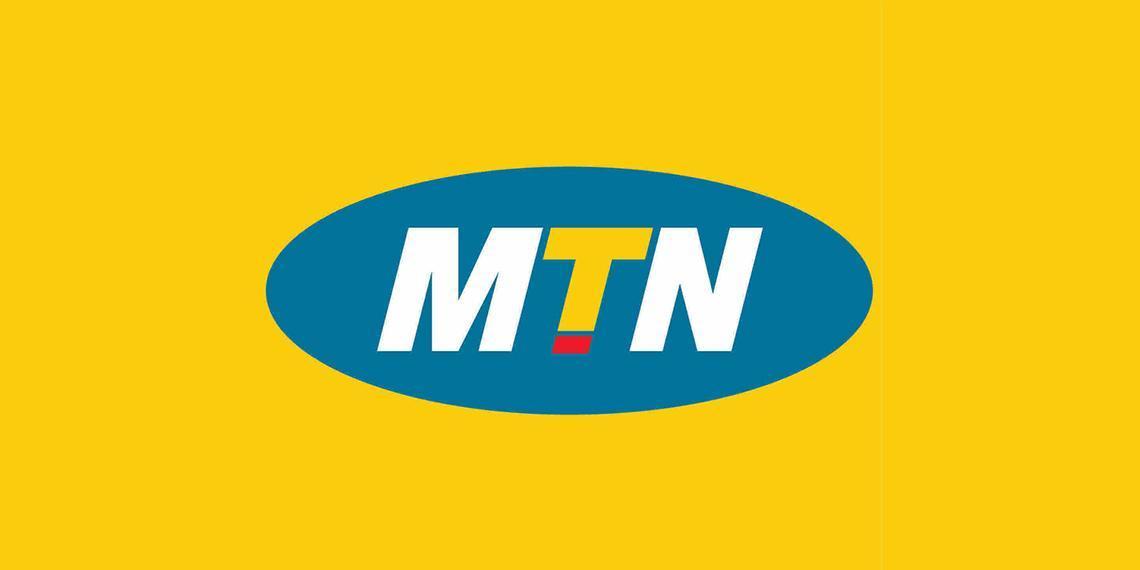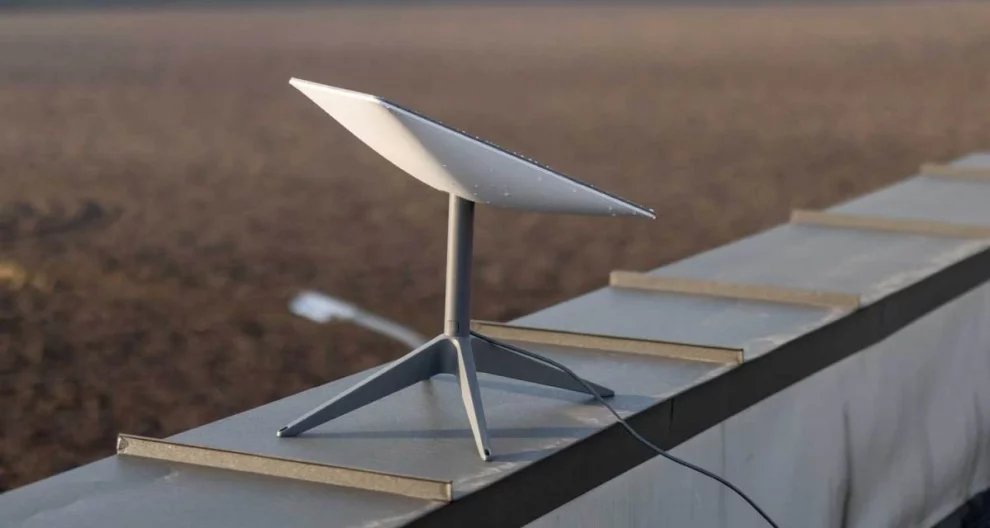Rapid technological advancement and increasing demand for reliable connectivity have reshaped Africa’s internet service provider landscape, marking unprecedented growth in digital infrastructure across the continent. From bustling urban centers to remote rural communities, providers are expanding their networks and improving service quality to meet the growing needs of Africa’s digital economy.
MTN Group continues to dominate the telecommunications sector across multiple African nations, having significantly expanded its fiber optic network throughout major urban centers. The company’s investment in last-mile connectivity has revolutionized internet access in countries like Nigeria, South Africa, and Ghana. Their innovative payment solutions, including mobile money integration and flexible subscription plans, have made high-speed internet more accessible to diverse economic segments. MTN’s commitment to network reliability has resulted in substantial improvements in uptime, with some markets experiencing 99.9% network availability.

Liquid Intelligent Technologies, formerly Liquid Telecom, has strengthened its position as a pan-African provider, operating the continent’s largest independent fiber network. Their expansion into cloud services and managed solutions has transformed how businesses across Africa access and utilize digital services. The company’s investment in submarine cables has significantly improved international connectivity, reducing latency for African users accessing global content. Their innovative approach to rural connectivity, including hybrid satellite-fiber solutions, has brought reliable internet to previously underserved communities.
Vodacom has made remarkable strides in network infrastructure development, particularly in Southern and Eastern Africa. Their 5G network expansion has set new standards for mobile internet speeds in urban areas, while their fixed wireless access solutions have provided reliable alternatives to traditional fixed-line services. The provider’s focus on educational initiatives and digital literacy programs has contributed to increased internet adoption rates across their markets.

Orange Africa has leveraged its extensive experience to deliver comprehensive connectivity solutions across francophone Africa. Their investment in solar-powered base stations has enabled reliable service delivery in areas with unstable power supply. The company’s innovative approach to infrastructure sharing has reduced operational costs, allowing for more competitive pricing in challenging markets. Their digital inclusion initiatives have particularly benefited women and young entrepreneurs in rural areas.
Safaricom, Kenya’s leading provider, continues to set regional benchmarks for service quality and innovation. Their fiber-to-home service has expanded significantly, while their mobile data network reaches over 95% of Kenya’s population. The integration of M-Pesa with internet services has created a seamless digital ecosystem, facilitating easier access to online services and e-commerce platforms.
Internet Solutions, now part of Dimension Data, has strengthened its enterprise-focused offerings across the continent. Their software-defined networking solutions have improved service reliability for business customers, while their cloud connectivity options have enabled African businesses to compete globally. The provider’s investment in cybersecurity infrastructure has made them a preferred choice for financial institutions and government agencies.
Airtel Africa has expanded its presence through strategic infrastructure investments and partnerships. Their focus on affordable data packages has driven internet adoption in price-sensitive markets, while their network modernization efforts have improved service quality across their footprint. The provider’s collaboration with educational institutions has supported digital learning initiatives across multiple countries.

African telecommunications infrastructure has benefited from increased investment in submarine cables, including the 2Africa project, which has significantly improved international connectivity. This enhanced infrastructure has enabled providers to offer more reliable and faster services while reducing costs for end-users.
Rural connectivity remains a significant focus, with providers implementing various technologies to bridge the digital divide. Satellite internet services have gained traction in remote areas, while innovative solutions like TV White Space technology have shown promise in providing affordable internet access to rural communities. Mobile network operators have expanded their 4G coverage to rural areas through strategic tower sharing agreements and government partnerships.
The industry has witnessed significant improvements in customer service, with providers investing in digital support channels and self-service platforms. AI-powered chatbots in multiple African languages have made technical support more accessible, while mobile apps enable customers to manage their services efficiently.
Pricing structures have evolved to accommodate various economic segments, with providers offering flexible packages ranging from basic connectivity to premium fiber services. Pay-as-you-go models remain popular, particularly for mobile internet services, while fixed-line providers increasingly offer unlimited data packages in urban areas.
Environmental sustainability has become a key consideration, with providers investing in renewable energy solutions for their infrastructure. Solar-powered base stations and energy-efficient data centers have reduced operational costs while minimizing environmental impact. These initiatives have proved particularly valuable in areas with unreliable grid power.
The competitive landscape has driven innovation in value-added services, with providers offering content delivery networks, cloud storage, and streaming services optimized for African markets. Local content caching has improved user experience while reducing international bandwidth requirements.
Looking ahead, the industry faces both challenges and opportunities. The continued expansion of fiber networks, coupled with emerging technologies like LEO satellite internet, promises to further improve connectivity options. However, providers must balance infrastructure investment with affordability to drive internet adoption across diverse economic segments.
Regulatory frameworks across the continent continue to evolve, with governments increasingly recognizing the importance of digital infrastructure for economic development. Spectrum allocation for 5G services and policies supporting infrastructure sharing have created opportunities for network expansion while managing costs.
The growth of digital economies across Africa has highlighted the critical role of reliable internet connectivity. E-commerce, digital financial services, and online education platforms have driven demand for high-quality internet services, encouraging providers to improve their offerings continuously.
For consumers and businesses navigating the market, considerations beyond price include network reliability, coverage quality, and customer support. While major regional providers offer extensive coverage and established track records, local providers often deliver specialized services tailored to specific market needs.
The transformation of Africa’s internet service provider landscape reflects the continent’s growing digital ambitions. As providers continue to invest in infrastructure and innovation, improved connectivity promises to support economic growth and social development across Africa’s diverse markets.
















Add Comment